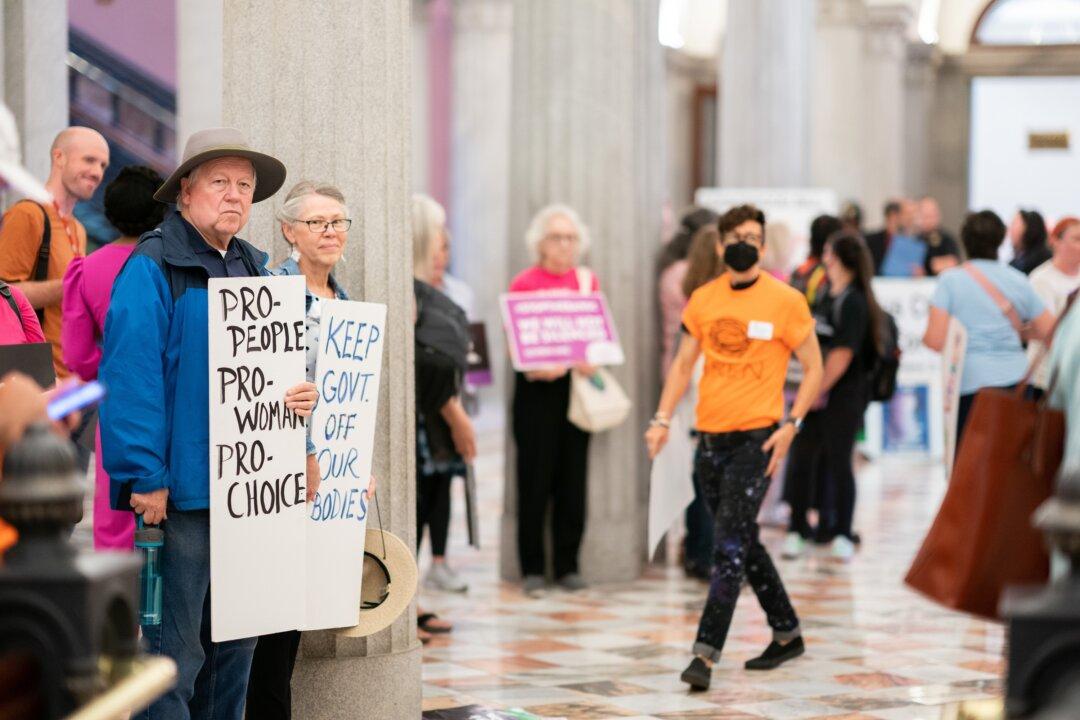The South Carolina Supreme Court has decided to uphold a revised state law that bans abortions if a heartbeat can be detected, after having objected to a previous version of the legislation.
On Wednesday, the South Carolina Supreme Court ruled 4-1 (pdf) in favor of a law that was passed in the Republican-majority state legislature this year, known as the Fetal Heartbeat and Protection from Abortion Act, that bans abortion procedures in instances where the heartbeat of the developing baby can be detected. The decision comes after the state Supreme Court ruled (pdf) 3-2 this year to block a version of the Fetal Heartbeat and Protection from Abortion Act that passed in 2021, siding with Planned Parenthood and other abortion providers who challenged the prior law.





